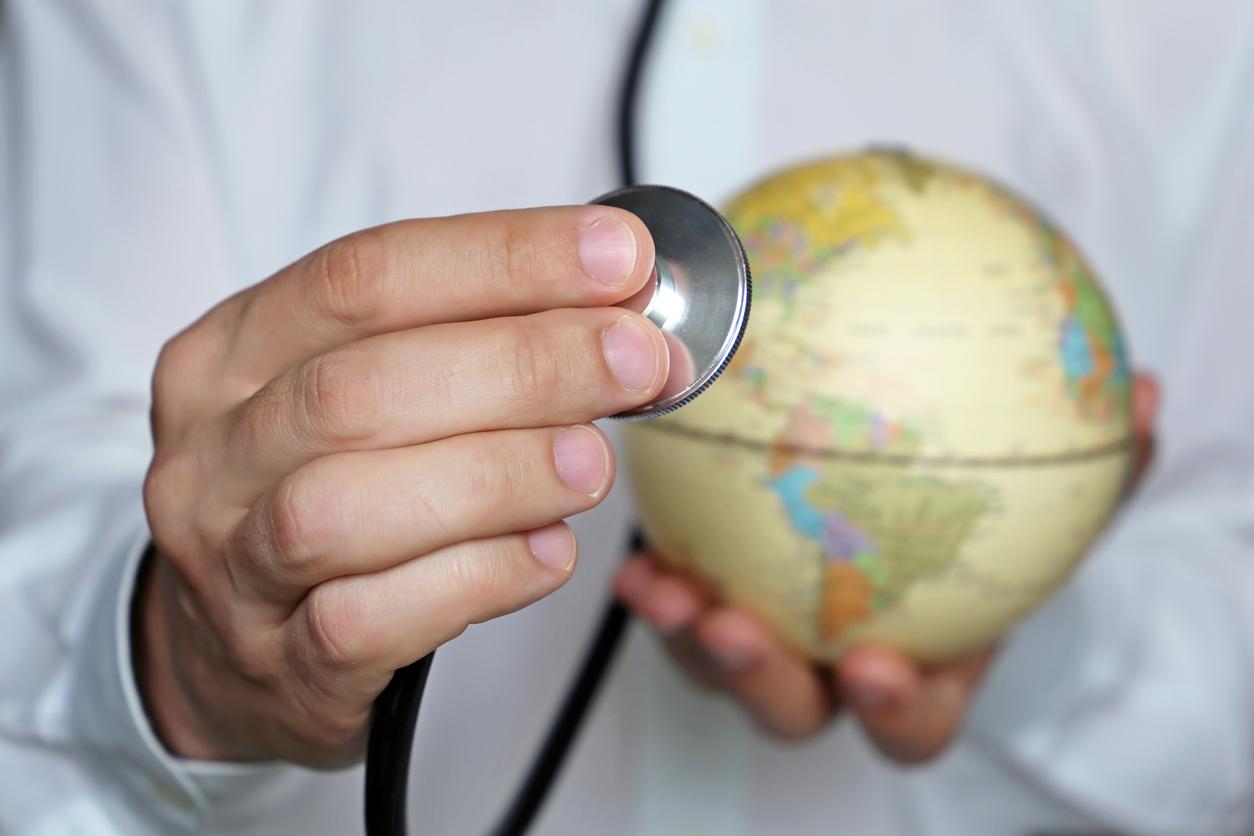Immunocompromised people are among the priority individuals for vaccination against Covid-19, but a majority of them would not react sufficiently to serums.

- Since the start of the vaccination campaign in France, 10,507,294 people have received at least one injection (i.e. 15.7% of the total population and 20.0% of the adult population).
- A person is said to be immunocompromised when their immune system is no longer able to properly deal with pathogens such as bacteria, viruses, parasites or even toxic agents.
Cancer, HIV, organ transplant… In immunocompromised people, the immune system can no longer fight pathogens, such as viruses, bacteria or parasites. They are therefore at greater risk of developing a severe form of Covid-19. Thus, government authorities have decided to include them on the list of priority people to be vaccinated against Covid-19.
Immunocompromised people don’t make enough antibodies
But, according to the first returns and scientific data, these immunocompromised patients would not react as well to the vaccine as the rest of the population. In other words, on them, it would be less effective, because even after vaccination, they would not produce or not enough antibodies to fight the virus.
Thus, some immunocompromised patients who received both doses still fell ill. This phenomenon had already been observed for other vaccines, such as that of hepatitis B. In this specific case, the solution that was found was to increase the dose of vaccine. Thus, instead of the normal one, these immunocompromised patients now receive either a third injection, or double doses – two doses at the same time – or even adjuvants in addition to the vaccine which increase the immune response.
A clinical trial to better adapt vaccination
Until now, immunocompromised patients have not been included in clinical trials for the Covid-19 vaccine. It is now done, thanks to CovPopart, a French clinical trial which aims to determine the immune response of 13 types of patients with diseases that can limit their body’s response to the vaccine. These are transplant recipients, diabetics, or people treated for pathologies such as cancer or HIV. The aim is to better adapt the vaccination to the immune responses of these people.
Even vaccinated, immunocompromised people must remain vigilant
Pending the results of this clinical trial, the option of a third dose could be decided by the orientation council for the vaccine strategy. This would be associated with the systematic vaccination of the patient’s entourage.
But, until further notice, immunocompromised people who have been vaccinated must remain vigilant, because they are not fully protected against Covid-19. Before a solution is found and decided, they therefore remain forced to respect barrier gestures, social distancing and all health measures.
.

















